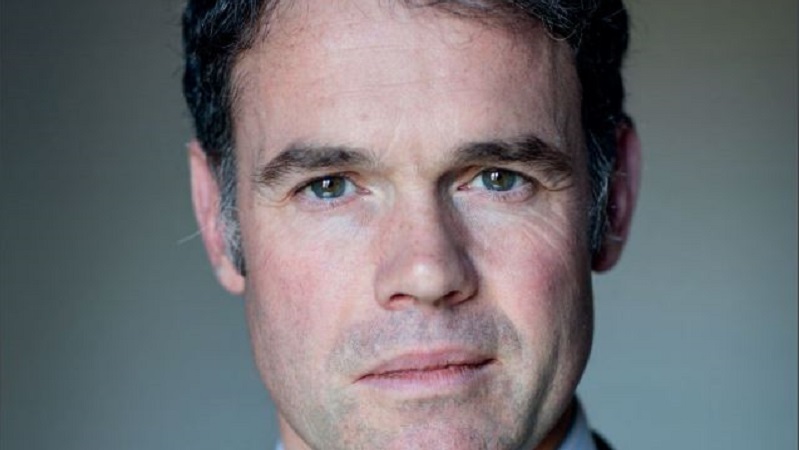Industry trends have not been kind to boutique investment houses. The rise of ultra low cost passive products has forced down fees; distribution is increasingly dominated by powerful gatekeepers with strict negative criteria, not least on fund sizes; and of course, the ongoing rise in regulatory risk. What has happened to the famous boutiques of yesteryear? Many have outgrown the categorisation or been swallowed by bigger businesses keen to leverage their reputation.
Despite this backdrop, boutiques investment houses are enjoying a renaissance as the pendulum once again swings back in their favour.
Consolidation has created unwieldly, distracted, behemoths, increasingly distanced from their clients. The talent that thrives in a small investment house is starved in a big corporation. Their focus becomes the “legacy dilemma” of defending assets by protecting against under performance rather than seeking outperformance and growth. They become reliant on the optical reassurance of large support teams and the consensus thinking they propagate. The narrow attention to archaic risk relative performance has led to an ever greater emphasis on indices for me-too products with identikit portfolios. Investors increasingly realise that they deserve better if they are to pay for actively managed funds.
In an investment world dominated by phrases such as consolidation, indexation, and homogenisation, what is it to be a boutique? To be a boutique is to be the antithesis of what most of the investment management industry now stands for. Many claim the status, even sinking to describing themselves as embracing a “boutique style” which is laughably implausible in large institutions hoping for credibility.
The defining features of a boutique are their ethos, people, ownership structure and a clear differentiation from the crowd. To be a boutique is to be a disruptor; they must be differentiated by design.
The boutique ethos
A boutique ethos is distinct to the individual firm but has common hallmarks; a relentless desire to put clients first and an unwavering commitment to service and generating returns. It is openminded and responds swiftly, it is never dogmatic. It attributes greater value to satisfied clients than the size of its compliance team.
The operating environment must focus on delivering outcomes to clients rather than convenience for management. Consequently, a boutique team has faith in its decision makers and is mercifully free of bureaucratic processes. There should be no barrier between the client and investment manager. An investment firm is the custodian of others’ hard earned savings and should be directly accountable to them.
Above all, a boutique can cultivate an environment where fund managers are truly free to express their conviction; an atmosphere that stimulates debate, avoids compromise and embraces mistakes. To be right requires us to sometimes to be wrong.
Its people will embody the ethos in how they think and conduct themselves. They understand that if clients do well, the firm will flourish and ultimately, they will benefit – but only in that order. It takes a certain type of person to step away from the relative comfort of a large firm to work in a boutique. It is to remove a safety net and truly put their head above the parapet. To do so requires the complete conviction that things can, and should, be done better.
Ownership structure is key
If we hold these attributes dear, and we should, how can it be done? The ownership structure is key. A boutique must be independent and free from the tyranny of conflicting stakeholders. Historically investment firms have always been able to manage themselves for the benefit of shareholders and clients alike. More recent history would point to management teams insisting on processes that enhance shareholder returns but are demonstrably detrimental to client interests.
The standardisation of investment processes and the enhanced standing of risk committees dilute accountability and conviction, the bedrock of investment management. It is only a firm that is owned by its employees, with their shared ethos, that has the strength to focus relentlessly on client outcomes. It is a two-way relationship: if investors are to trust their money to a boutique they must be rewarded for their faith. And while no fund manager can ever have a career with an entirely unblemished performance record, periods where performance faces challenges must be answered with transparency, humility and accountability.
Boutique is a catch all phrase for the firms that are willing to go that extra yard for clients. They are born out of the belief that our industry is not serving clients as well as it should and are certain that their conviction can deliver a better outcome for investors.
Alex Odd is the chief executive of Tyndall Investment Management







